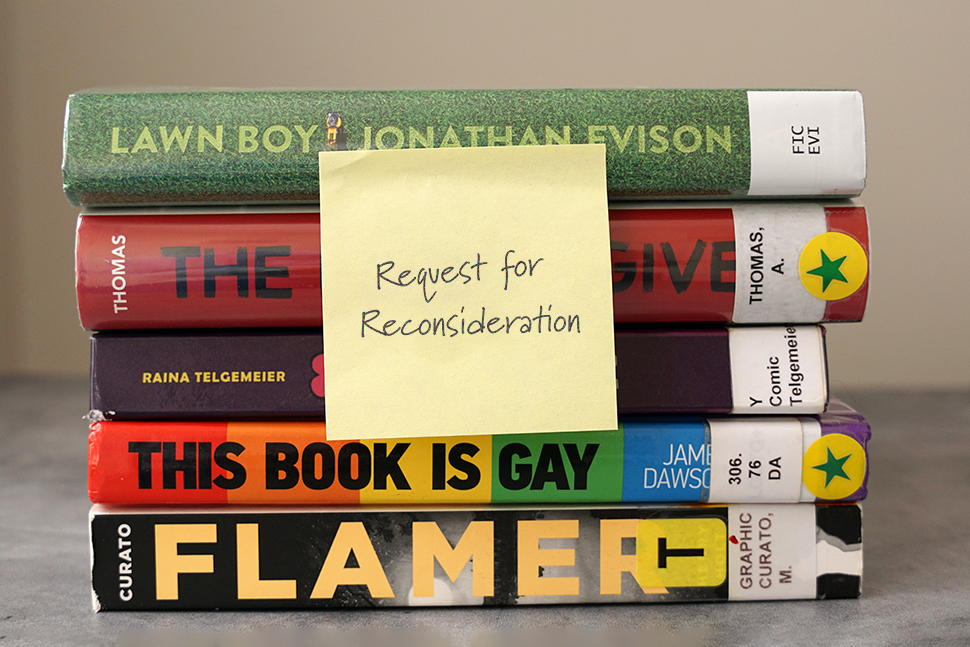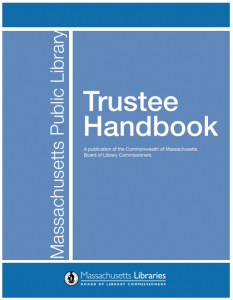In my last post, I walked you through my discovery of library usage (in terms of circulation and attendance) increasing during the Great Recession, with the Great Recession defined as the fiscal years 2009, 2010, 2011 using Michael Mabe’s 2023 study. So, what can we do with that information? Given that this is a blog series where I try to help libraries fortify themselves, I’d like to use that information to extrapolate what could happen if we encounter another recession in near future and what that might mean in terms of our needs and services.
Let’s start with the basics of what we learned in my last post when I discovered that MA-specific data aligned reasonably well with the study I used as a model for my inquiry. To recap: Massachusetts libraries saw an average increase in circulation of 12.5% and an average increase in attendance of 32.4% during the Great Recession as compared to the 3 years before the recession. If those percentages were extrapolated to see a potential model for the future, what would that look like?*
Circulation
For the fiscal years 2022, 2023, and 2024, the total average circulation activity for MA libraries was 176,330 items. This includes books, periodicals, eBooks, other nonprint items such as Library of Things, basically anything that was transferred from the library (physically or digitally) to the hands of a patron. This also includes interlibrary loans (ILLs; items exchanged between libraries). If we apply the percentage increase in circulation that occurred in MA during the Great Recession**, the total average circulation over the next 3 years would be 198,437 items, or a potential increase of 22,107 items in a year.
What does this look like in terms of library service?
The average total circulation number of 176,330 works out to the library circulating about 483 items per day. This assumes that the library is open 365 days a year, which as libraries are municipal departments, is virtually impossible. So let’s factor in the 12 state holidays that libraries will observe, plus the day after Thanksgiving, and an extra 2 days for libraries to be closed*** for snow/weather conditions, building issues (no electricity, flooding, extreme heat, construction, etc.) or other situations out of most people’s control that may necessitate a library not opening to its patrons that day. When including days where a library will not be open to patrons, this increases the daily circulation for a given library right now to be 504 items per day.
An increase of more than 22,000 items in a year works out to an extra 61 items each day. If we include the library being closed for 15 days as I did above to calculate the current numbers, that number tics up to 63 items circulating per day. So, adding the potential increase in daily circulation, libraries may result in circulating 567 items every day they are open in the event of a significant economic downturn.
Attendance
The other major metric Mabe’s study examined to indicate library usage is how many people visited the library. The average attendance at any given MA library over the course of a year using FY2022, 2023, and 2024 data was 69,471**** This includes anyone who walked into the library for any reason including but not limited to: picking up a hold, asking a question, using public computers or Wi-Fi, sitting and reading a periodical, seeking shelter from the elements, attending a program, etc. If we use the percentage increase in attendance that libraries experienced during the Great Recession to project a possible increase in attendance for the future, that number goes up to 91,983 over the course of a year. This is a potential annual increase of 22,512 library visitors each year.
What does this look like in terms of library service?
The average total of 69,471 visitors per year that libraries have most recently welcomed, works out to 190 people each day. If we factor in library closures (the same 15 days I used for calculating circs above) that number becomes 198 people visiting a library each day.
When you count the extra 22,512 people that an economic downturn may bring in, that is an extra 64 people per day coming into the library. Almost 92,000 people visiting over the course of a year works out to 252 people visiting the library every day. Again, factoring in time for libraries to be closed, that number increases to 263 people visiting the library over the course of a day, should we end up in a recession.
Are we prepared for that?
In order to answer this question, we need to look at several factors and each library is going to have to ask itself:
- Do we have enough staff to accommodate these potential increases?
- Will our building’s current condition accommodate the increase in foot traffic?
- Is our internet (public computers, Wi-Fi) equipped to handle increased usage?
- Do we receive ILL deliveries often enough if our circulation increases?
- What infrastructure do we have that might be scalable to accommodate potential increases like this?
All of these questions will have at least one overarching question in common: Will we have the funding to help potentially more people? Every library in MA is different in terms of how well funded it is within its municipality but now may be a good time share this information with your closest library advocates (Trustees, Friends, Foundation members) to give them a framework of possibilities to work from.
In my next post, I’ll start digging into metrics from MA that weren’t considered in Mabe’s study, but we have the data for and can give us further insight into this thought experiment. I will use the same basic logic and framework from Mabe’s study to see what our past may be able to tell us about our future when it comes to funding and staffing.
* DISCLAIMER: This is a thought experiment to hopefully give libraries a framework from which to advocate for themselves using a foundation of past data. I am not a financial analyst, nor do I have any ability to predict the future. I do need to use the data available to me, however; which means I’m limited by what’s available from our library statistics. That data ends (for now) with FY2024 . Because of that, I can only really extrapolate what that might mean in terms of averages for FY2025, 2026 and 2027. This does NOT mean that there is any certainty about whether there will be an economic recession during those years. For more background on what prompted me going down this particular rabbit-hole, please see my previous post.
** Because I only have the information from the previous recession, that is the number I’m using to extrapolate. If we encounter another recession, I fully recognize that the percentage may be different and that using the same number indicates that circumstances will be the same in the future, which is unlikely. But this can give libraries a baseline of something to work with to anticipate change and create a nimble plan of action to adjust based on what actually happens, should a recession occur.
***Again, I’m working with averages here. Some libraries may not need to close for extenuating circumstances at all over the course of a year, some libraries may close more days.




 The handbook is a valuable resource to help trustees navigate the many procedural and policy questions that boards face on a daily basis. The handbook is arranged by the following sections: Becoming a Trustee, Board Organization, Legal Responsibilities, Policy Making, Planning, Personnel, Budgeting and Financial Management, Library support: Fundraising, Foundations and Friends, Advocacy; Library Construction and Resources.
The handbook is a valuable resource to help trustees navigate the many procedural and policy questions that boards face on a daily basis. The handbook is arranged by the following sections: Becoming a Trustee, Board Organization, Legal Responsibilities, Policy Making, Planning, Personnel, Budgeting and Financial Management, Library support: Fundraising, Foundations and Friends, Advocacy; Library Construction and Resources.